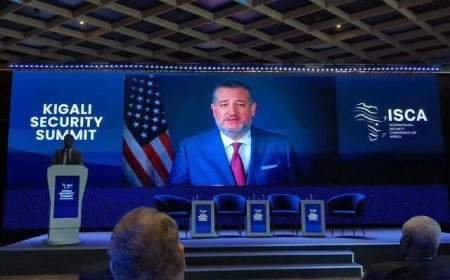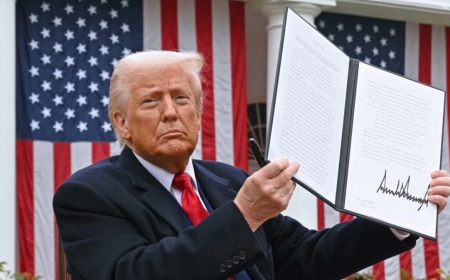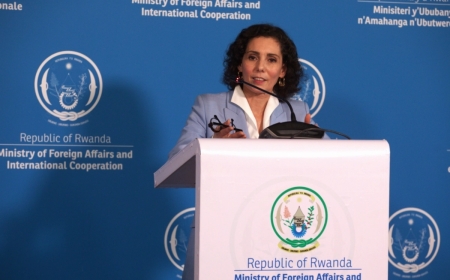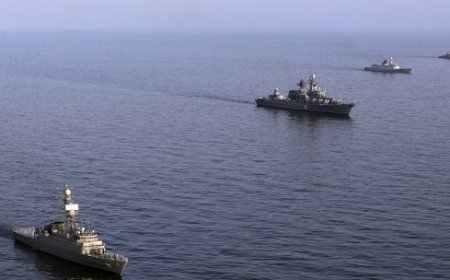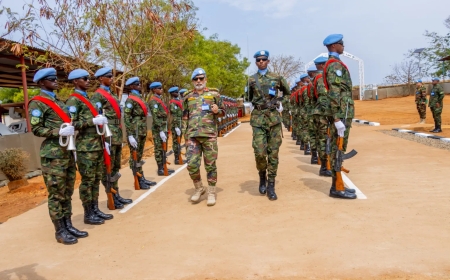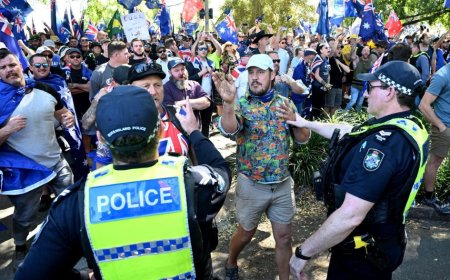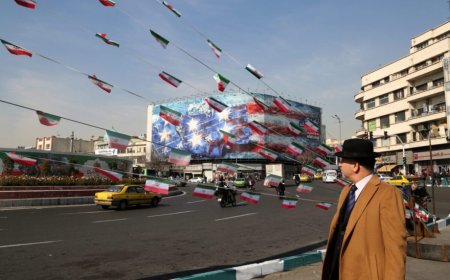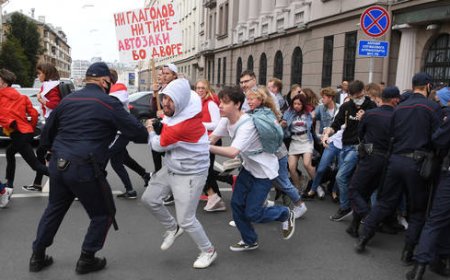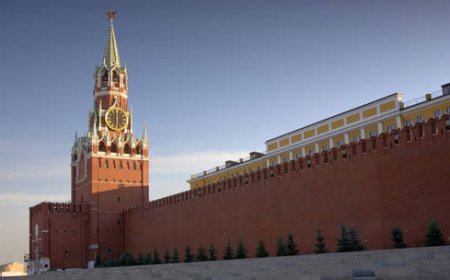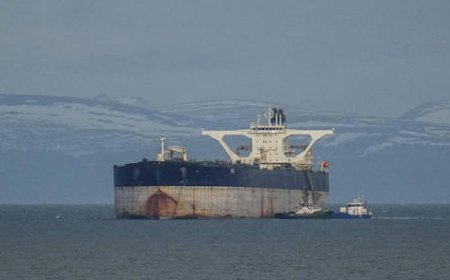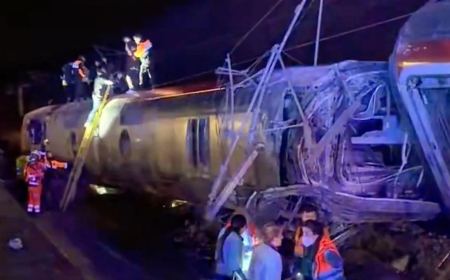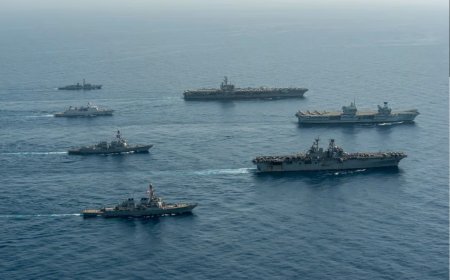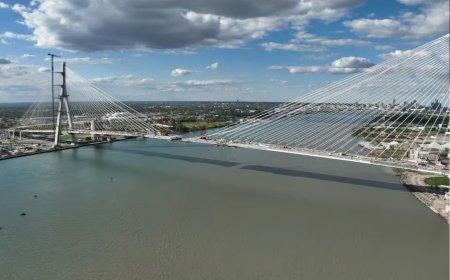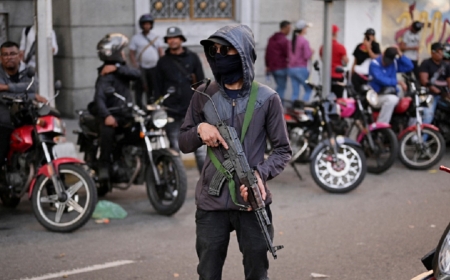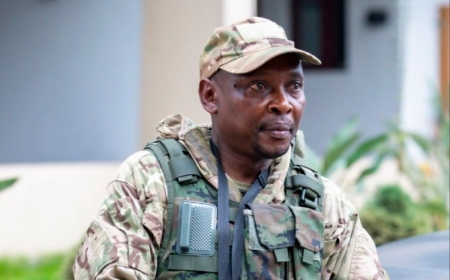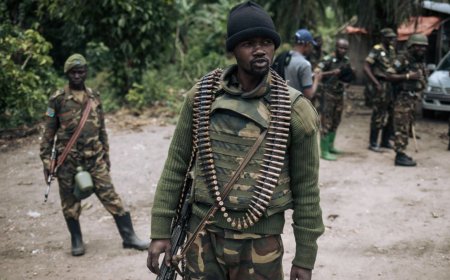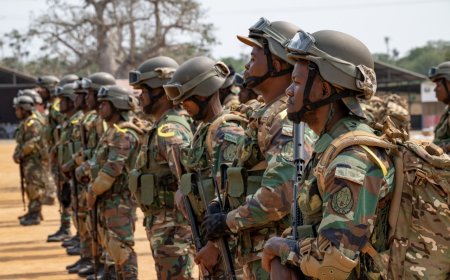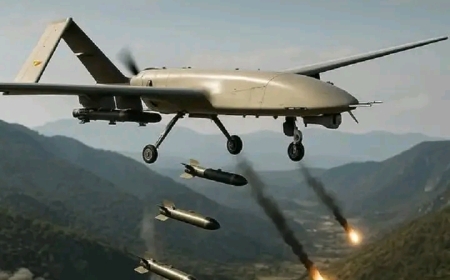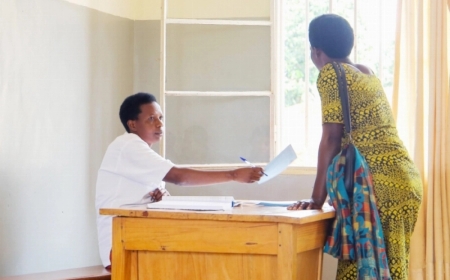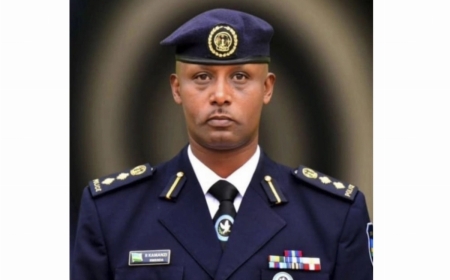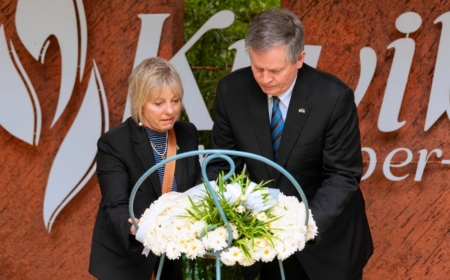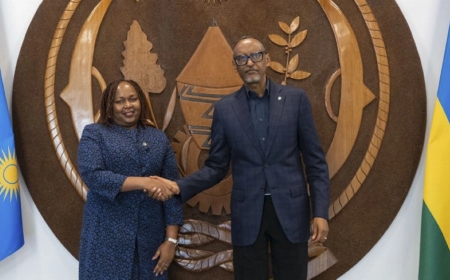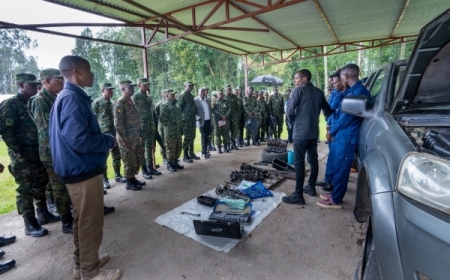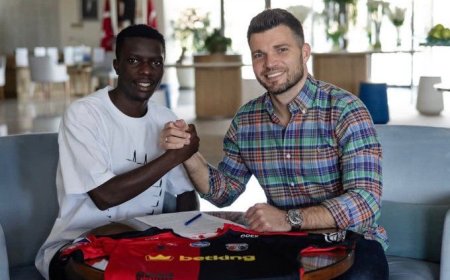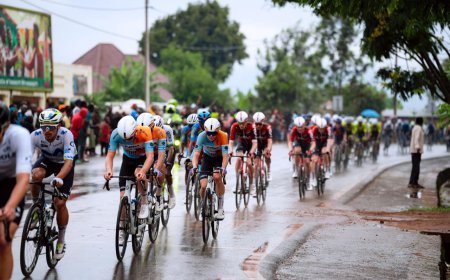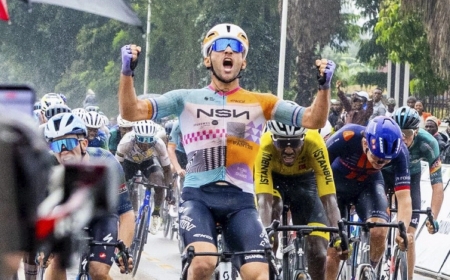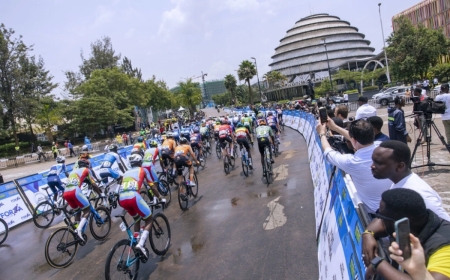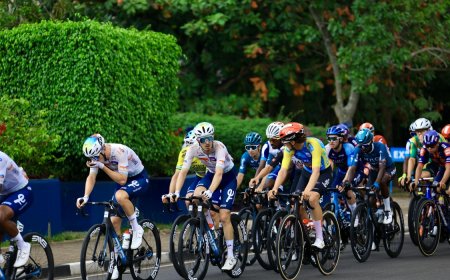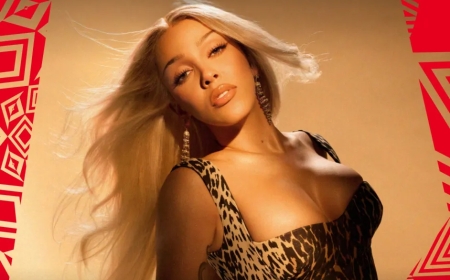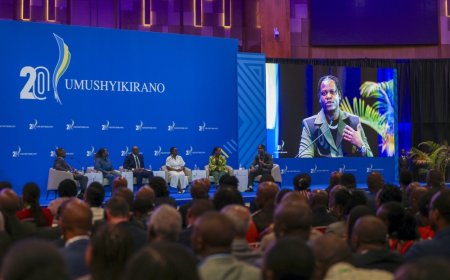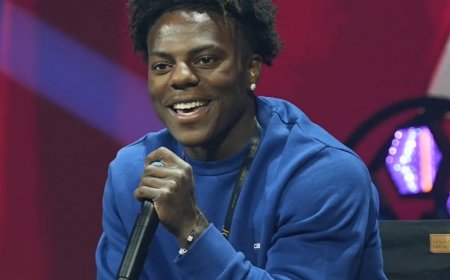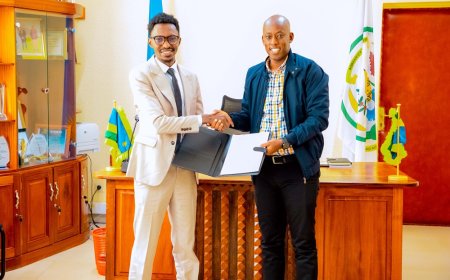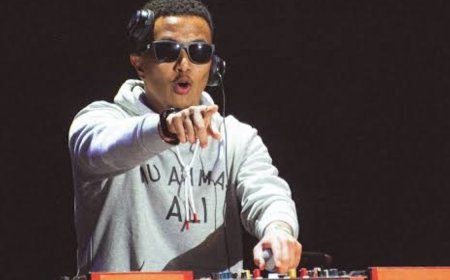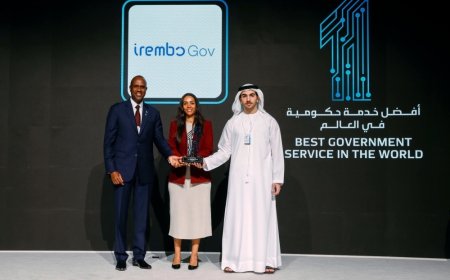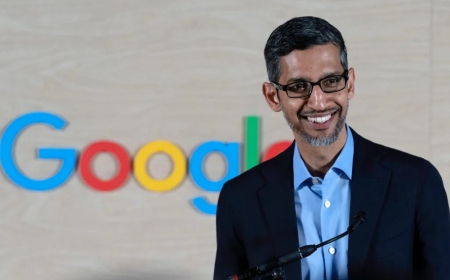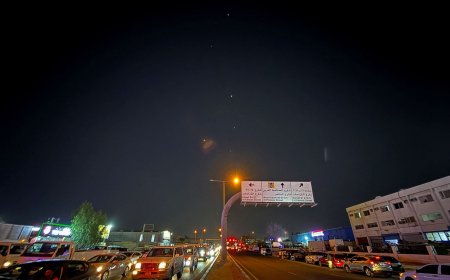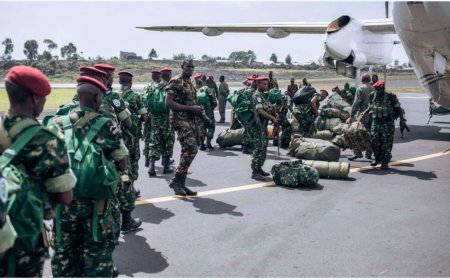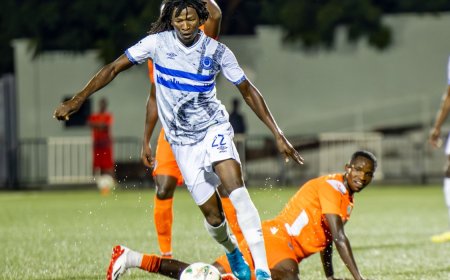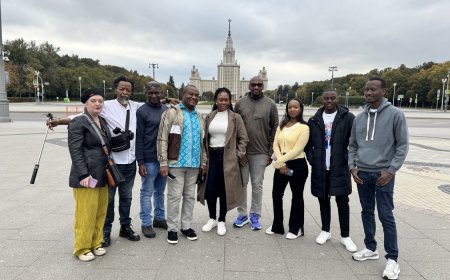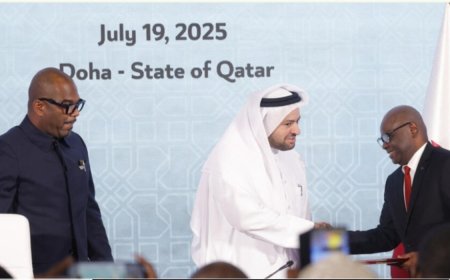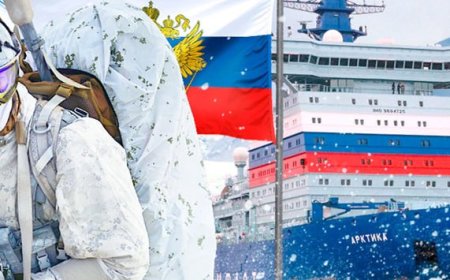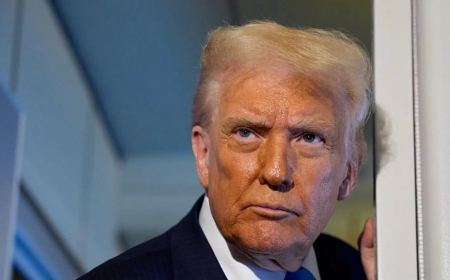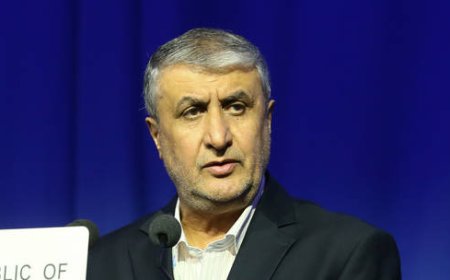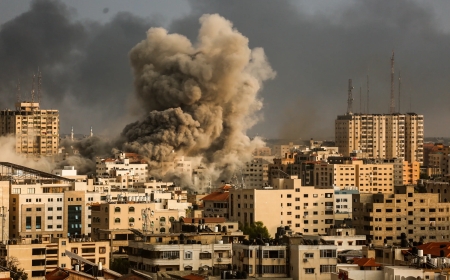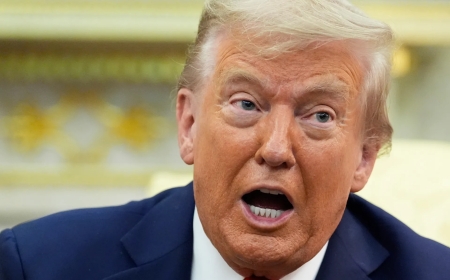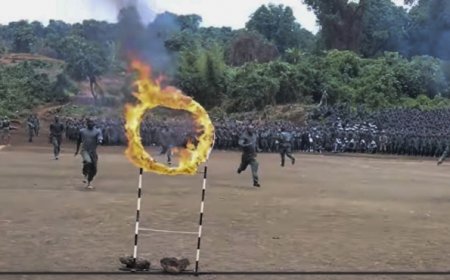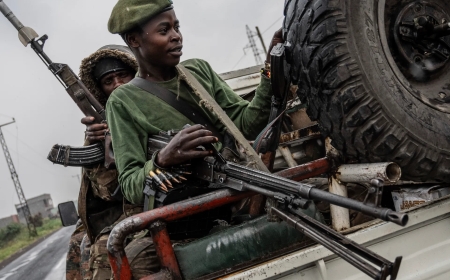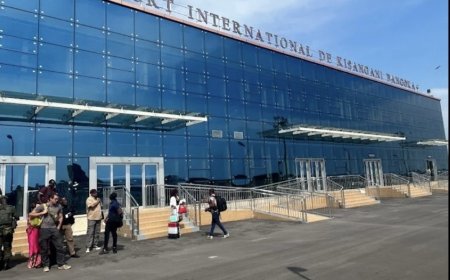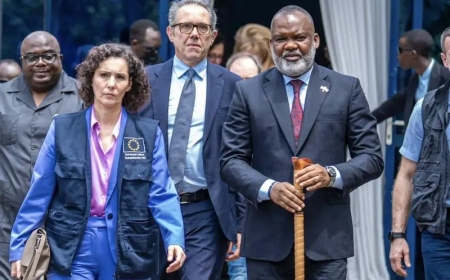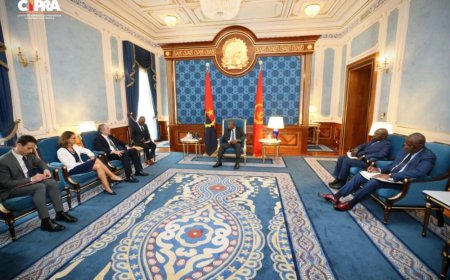Analysis: DRC conflict persists as regional and Global powers pursue interests
Amid three decades of war, Congolese Tutsis continue to face targeted violence, displacement, and political neglect as regional and global actors prioritize their own interests over peace.
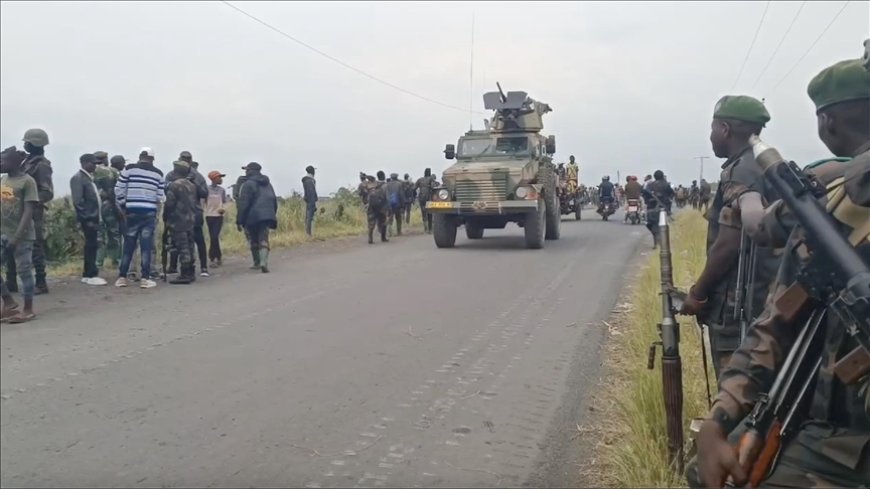
For over three decades, millions in the Democratic Republic of Congo (DRC) have endured persistent conflict in the east of their country, with no clear end in sight. Neighbouring countries, like Rwanda, which have hosted Congolese refugees for more than 25 years, are equally questioning when these refugees will finally return home. However, the Congolese government has shown little political will to create conditions for their safe repatriation.
Across the region, some actors, including powerful figures within the DRC, appear uninterested in restoring peace. As violence continues, one question remains unanswered: who will end the killings, displacement, and looting that target Congolese Tutsis in particular?
While the conflict has affected all communities in eastern DRC, Tutsis have been persistently targeted since the defeat of Rwanda’s Habyarimana regime in 1994, which led to genocidal forces fleeing into what was then Zaire under Mobutu Sese Seko. These forces rebranded over the years, from ALiR and RDR to today’s FDLR, which later spawned groups like CNRD-FLN, all united by their goal of exterminating Tutsis in the Great Lakes region and overthrowing Rwanda’s government.
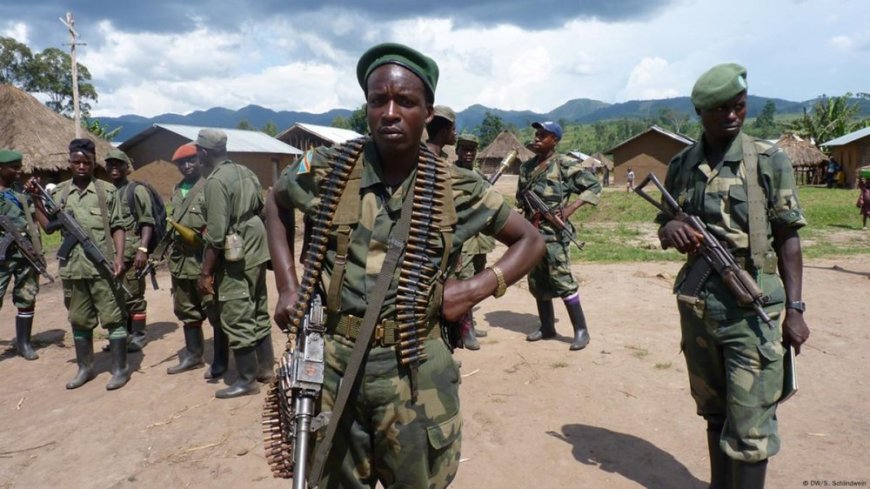
This genocidal ideology spread among other Congolese ethnic groups, government officials, and even the Congolese army (FARDC). Since 1994, Tutsis in eastern DRC have lived under constant threat. Some Congolese groups have joined forces with the FDLR to attack Tutsis, while successive governments have turned a blind eye to what analysts describe as genocide.
Attempts by Tutsi communities to form self-defence groups have often been labelled as terrorist movements, with their members branded as foreigners fighting for Rwanda’s interests, an allegation Kigali denies, maintaining that DRC’s problems must be solved internally.
When Laurent-Désiré Kabila took power in 1997 after overthrowing Mobutu, he ignored the plight of Congolese Tutsis. His son, Joseph Kabila, who ruled for 19 years, also failed to secure their rights despite promises during periods of intense fighting that gave rise to CNDP (2006-2009) and M23 (2012-2013).
Felix Tshisekedi, who became president in 2019, campaigned on restoring peace in eastern DRC. Initially, he showed intent, with FARDC launching operations against FDLR in 2019. However, these efforts were short-lived as deep-rooted ties between FARDC and FDLR undermined them, leading to a continuation of attacks against Tutsis and renewed conflict.
When M23, which had been based in Uganda since 2017, saw no progress on peace agreements under Tshisekedi, it resumed fighting in late 2021. Instead of dialogue, Tshisekedi accused Rwanda of backing M23 and formed coalitions with armed groups harbouring anti-Tutsi genocidal ideologies, further escalating violence against Congolese Tutsis.
The FARDC, aided by European mercenaries, MONUSCO, SADC forces, and Burundian troops, failed to defeat M23 despite deploying over 60,000 troops against an estimated 10,000 M23 fighters. Ironically, some foreign soldiers fighting for Tshisekedi reportedly earn over $5,000 monthly, while M23 fighters remain unpaid but fight with resolve, driven by a clear cause.
Under M23 control, local residents in areas like Goma and Bukavu report experiencing safety they had not felt in years. In contrast, areas reclaimed by Tshisekedi’s allies, like Walikale, quickly descended back into looting and killings, exemplified by the murder of a local phone shop owner shortly after M23 withdrew to allow peace talks.
Analysts argue that Western countries backing Tshisekedi’s government are motivated by access to DRC’s vast mineral resources rather than a genuine interest in human rights. These countries have opted to settle refugees in Rwanda, Uganda, and Burundi rather than pressuring Kinshasa to resolve their root causes of displacement.
As the crisis deepens, M23 remains the only group publicly demanding systemic reforms in governance, security, and justice for all Congolese, especially minorities. Yet, its calls for peace talks have often been ignored or treated with suspicion.
With Tshisekedi now considering negotiations amid mounting military failures, observers warn that M23 must tread carefully. Past peace deals have largely been empty promises, raising fears that the current initiative may simply be a political tactic to buy time, leaving Tutsis and other communities vulnerable once again.
